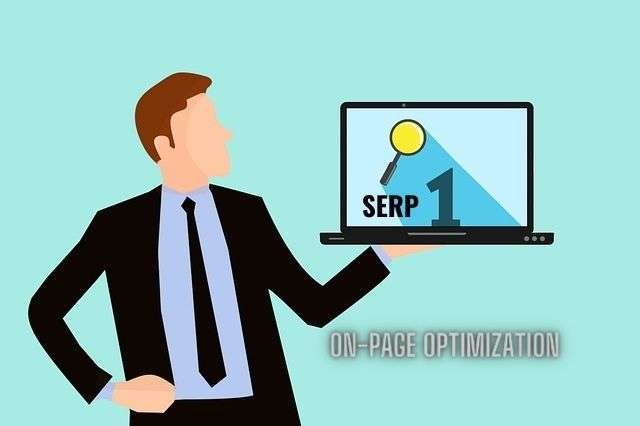The Quick and Easy On-Page SEO Checklist
You’ve spent months coding the perfect website. And you’re finalizing which hosting plan to use to share your creation with the world. But what good is a website without on-page SEO?
On-page SEO is essential for competing against the more than 80,000 web engine searches per second. This is why you must read this guide about on-page SEO tips. Knowing what is on-page SEO helps your website make Google’s first page.
And if you provide SEO services for business, don’t pass up this on-page SEO checklist. Delivering high-ranking websites makes happy customers. And satisfied customers mean demand for your SEO services.

Understanding On-Page SEO
So, exactly what is on-page SEO? On-page SEO is the primary way websites interact with major search engines. Through web crawlers, these search engines analyze a website’s metadata.
SEO services like The HOTH optimize your website pages so they can rank highly. So, consider these on-page SEO tips.
- The meta title
- Meta description
- Page headers
- Keywords
Each web page’s content should also be informative. Websites that are high-authority boost their ranking score. Also, your content should engage your target audience.
The more frequently visitors come to your site, the more domain authority it gains. Blogs make for effective SEO. And they work well to reach your target audience.
1) The Meta Title
The meta title is usually the first thing viewers will see on search engines. Therefore, vital on-page SEO tips are to make them stand out.
Each meta title is unique to each page’s content. You can also strategically insert keywords into the meta title tags.
Effective on-page SEO is not exceeding 70 characters with the meta title. Otherwise, mobile browsers might cut some of the mobile titles off.
2) Meta Description
On-page SEO tips for websites is keeping the meta descriptions between 150-160 characters. Meta descriptions accompany meta titles in search engine results. And they also work in tandem with keywords for fantastic on-page SEO results.
Crafty meta description writings boost click-through rates to your site. JSON-LD is an additional on-page SEO. You can incorporate the meta title and meta description with JSON-LD.
But JSON-LD provides deeper depths of on-page SEO for greater web traffic. With JSON-LD scripts, you can offer these additional parameters.
- Author information
- Company information
- Product and book info
- Customer ratings
JSON-LD tags like meta tags go in the web page’s head section. You can also use JSON-LD script generators and validators.
3) Page Headers
How you structure your web page content greatly influences ranking. Ideally, each web page should have only one H1 header. The H2 headers introduce new page sections.
And the H3 headers are sub-headings to make text blocks stick out. Google and Bing consider multiple H1 tags as improper on-page SEO.
4) Keywords
Keywords are essential to effective on-page SEO. Each web page needs a primary keyword and secondary keywords. And the keywords should reflect that particular page’s content.
Be careful not to overuse keywords. Packing and illogical use of keywords might seem like spam to search engines.
Also Read: SEO for Startups: Using SEO to Energize your Organic Traffic in the First Year
On-Page SEO vs. Off-Page SEO
The difference between on-page SEO vs. Off-Page SEO is how it promotes a website. Off-page SEO involves link building with high-domain authority websites. But it also includes promoting sites through social media and marketing.
More about On-Page SEO
Other on-page SEO tips are page speed and ALT tags. The faster that your website loads, the greater it will rank. Web page images are also a part of on-page SEO.
The ALT section of the image tag is where you pack in keywords and other on-page SEO content. Of course, making your website mobile-friendly is also on the on-page SEO checklist.
On this blog, you may search SEO using the search feature for additional SEO tips you need for your site’s optimization. You’ll also find business and marketing advice.




